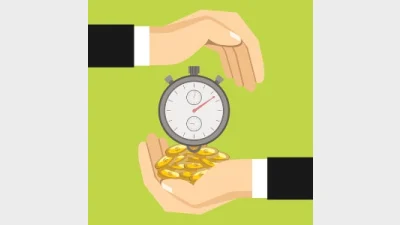APRA predicts second tranche early release surge



It is now official. The numbers of people seeking and obtaining hardship early release of superannuation did not diminish as they approached the end of the financial year.
The official data released by the Australian Prudential Regulation Authority (APRA) for the period ended 28 June showed that there was no slowing down in applications and, just as importantly, APRA is predicting high volumes around the start of the 1 July second tranche.
“High volumes of applications are expected for the start of the second tranche of the COVID-19 Early Release Scheme in early July,” the regulator said. “This may impact the processing time for payments being made by funds.”
APRA revealed that, over the week to 28 June, superannuation funds made payments to 129,000 members, bringing the total number of payments to approximately 2.4 million since inception.
“The total value of payments during the week was $1.2 billion, with $18.1 billion paid since inception. The average payment made over the period since inception is $7,503.”
The APRA data also confirmed that just 10 funds were responsible for nearly 67% of the early draw-down payments, paying $11.87 billion of the total $18.1 billion paid since the scheme started.
Those 10 big funds are AustralianSuper, REST, Hostplus, Cbus, Sunsuper, BT, HESTA, MLC, CFS and AMP.
Recommended for you
Australia’s largest super fund, AustralianSuper, has announced multiple additions to its executive leadership team to focus on global growth and innovation.
Super Review rounds up last month’s biggest people moves in the superannuation industry, including a new fund chair and a private markets head.
Investment returns for the Future Fund hit a milestone in September, adding $200 billion in value for the first time ever.
Australia’s largest super funds have deepened private markets exposure, scaled internal investment capability, and balanced liquidity as competition and consolidation intensify.









